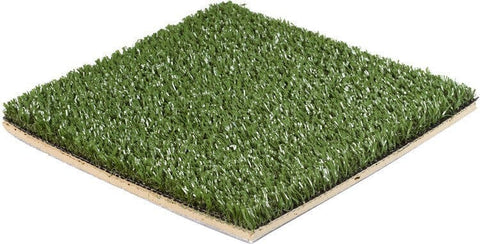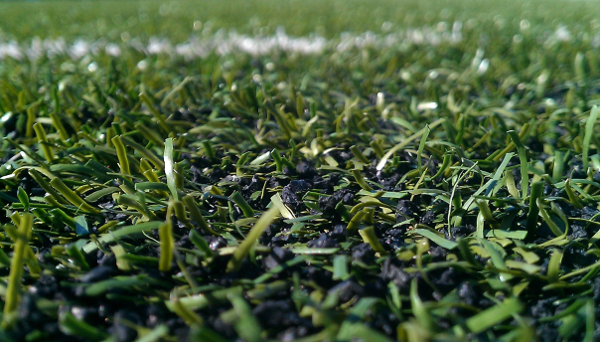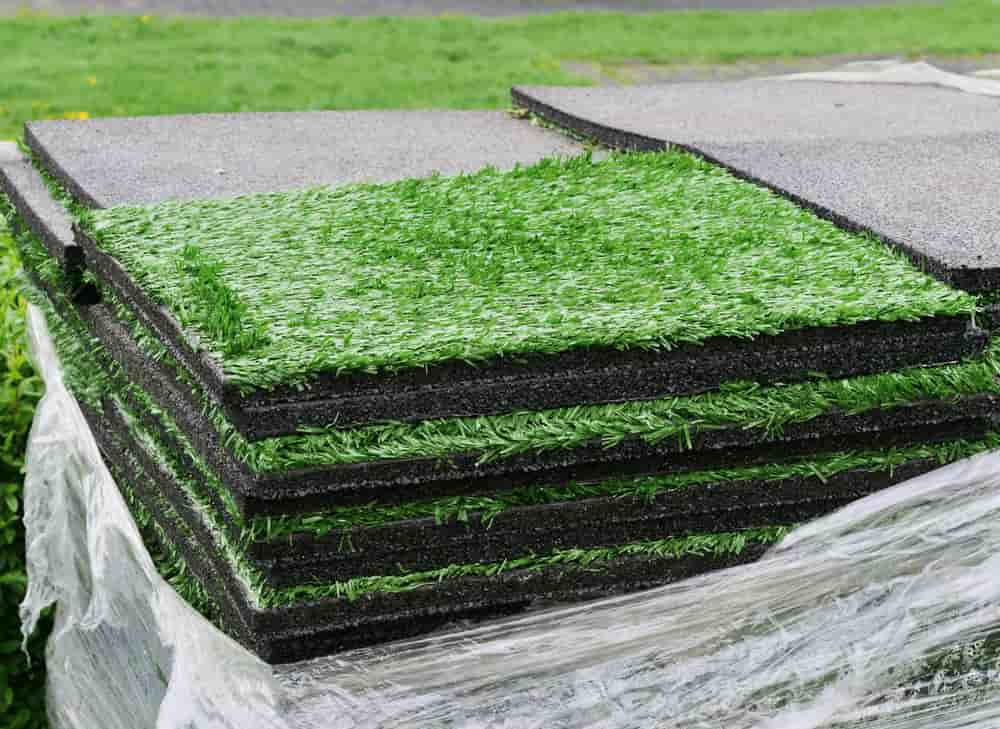Find the Top Turf Installation Phoenix AZ Solutions for Your Home or Business
Find the Top Turf Installation Phoenix AZ Solutions for Your Home or Business
Blog Article
Look Into the Environmental Conveniences of Opting for Synthetic Grass Solutions
The adoption of fabricated turf services presents an engaging chance to address pressing ecological obstacles. By dramatically reducing water usage and decreasing the application of unsafe chemicals, these alternatives not only promote lasting landscape design however likewise protect regional ecological communities.
Water Conservation Conveniences
One of the most significant advantages of synthetic grass is its ability to conserve water. Traditional lawn yards call for significant watering, especially in areas susceptible to drought or water limitations. In contrast, artificial grass does not need watering, dramatically lowering the total need for water resources. This feature is specifically useful in deserts where water scarcity is a pushing worry.
By eliminating the need for normal watering, man-made turf adds to sustainable landscape methods and aids reduce the environmental impact of excessive water usage. Moreover, the conservation of water includes the reduction of runoff, which can result in dirt erosion and waterway pollution.
In addition, the installment of synthetic grass allows towns and house owners to allot water resources extra effectively, concentrating on necessary usages such as drinking water and farming. The change in the direction of synthetic grass not only advertises responsible water use yet also straightens with wider ecological goals focused on preserving natural deposits.
As neighborhoods progressively prioritize sustainability, the water preservation advantages of synthetic grass present a compelling instance for its fostering in business and domestic landscape design tasks.
Decreased Chemical Usage
The transition to synthetic grass considerably lowers the reliance on chemical treatments generally used in all-natural grass upkeep. Typical turf management generally entails the application of plant foods, chemicals, and herbicides to advertise growth and control pests. These chemicals can present dangers to human health and wellness, local wild animals, and the environment, adding to dirt and water contamination.
In comparison, synthetic grass removes the requirement for these unsafe materials. By decreasing the release of artificial substances into the community, fabricated grass promotes healthier soil and water systems.
Moreover, the absence of chemical runoff linked with synthetic turf installments helps secure neighborhood waterways from contamination, supporting marine life and maintaining biodiversity. Phoenix turf companies. As neighborhoods significantly focus on lasting techniques, selecting synthetic grass presents a viable solution that straightens with ecological preservation goals. Through this change, homeowner can take pleasure in lavish eco-friendly areas without endangering ecological health, paving the way for an extra lasting future
Reduced Carbon Footprint

Moreover, the installation of synthetic grass can lead to substantial water preservation. All-natural lawns require substantial quantities of water for irrigation, which not just contributes to the carbon impact related to water removal and therapy but additionally strains regional water sources. On the other hand, man-made lawn requires very little maintenance, requiring no watering, thus dramatically decreasing water use and its associated power prices.
Additionally, the durability of artificial grass adds to its decreased carbon influence. With a life expectancy of as much as 15 years or more, the demand for regular replacements is decreased, leading to less waste and reduced energy usage in manufacturing and throwing away traditional lawn options. Overall, synthetic grass provides a sustainable choice for eco aware landscaping.
Habitat Conservation
Environment preservation is a vital factor to consider in the discussion over landscaping options, especially when comparing synthetic grass to all-natural lawn. Natural yard lawns often need extensive upkeep, consisting of using plant foods, herbicides, and pesticides, which can adversely impact neighborhood communities. These chemicals can seep into the dirt and rivers, damaging indigenous vegetation and animals and interrupting local habitats.
Synthetic turf eliminates the need for dangerous chemicals, therefore safeguarding neighboring wildlife and maintaining the stability of surrounding ecosystems. The installment of artificial turf can lead to the conversion of former grass areas right into more biodiverse landscapes, such as pollinator yards or indigenous plant locations, which can support regional wild animals.
Inevitably, the change to man-made turf not only preserves water and lowers maintenance efforts yet also cultivates an extra harmonious connection between human tasks and the natural surroundings, promoting habitat conservation while doing so.
Long-Term Sustainability
Long-term sustainability is a crucial factor in evaluating the benefits of synthetic grass over standard lawn yards. One of one of the most considerable benefits of synthetic grass is its durability; it can last as much as 15-20 years with very little upkeep, whereas all-natural lawn needs frequent reseeding and substitute. This long link life lowers the demand for constant resources, such as water, plant foods, and chemicals, which are important for keeping a healthy yard yard.
Furthermore, synthetic grass adds to a reduction in carbon discharges connected with grass treatment devices. Typical grass usually require gas-powered lawn mowers, leaners, and blowers, all of which contribute to air contamination. Artificial turf companies phoenix. In comparison, synthetic lawn gets rid of the demand for such devices, advertising a cleaner find setting
Furthermore, the production of synthetic turf increasingly utilizes recycled materials, improving its sustainability profile. As makers embrace environment-friendly methods, the environmental footprint of fabricated grass continues to diminish.

Verdict
The fostering of synthetic grass services provides considerable ecological benefits, consisting of considerable water preservation, reduced dependence on hazardous chemicals, and a lower carbon footprint. Additionally, man-made grass help in maintaining natural environments by lessening land disruption and promoting long-term sustainability through the use of resilient products. Collectively, these variables emphasize the potential of fabricated grass to add positively to ecological health and wellness and offer a feasible choice to traditional landscape design techniques in important site an increasingly resource-conscious globe.
In contrast, artificial grass does not need watering, considerably lowering the overall need for water resources. By minimizing the launch of synthetic compounds right into the ecological community, fabricated grass promotes healthier soil and water systems.
Furthermore, the setup of fabricated lawn can result in considerable water conservation. In comparison, man-made grass requires very little maintenance, requiring no watering, thereby significantly minimizing water usage and its associated energy costs.

Report this page